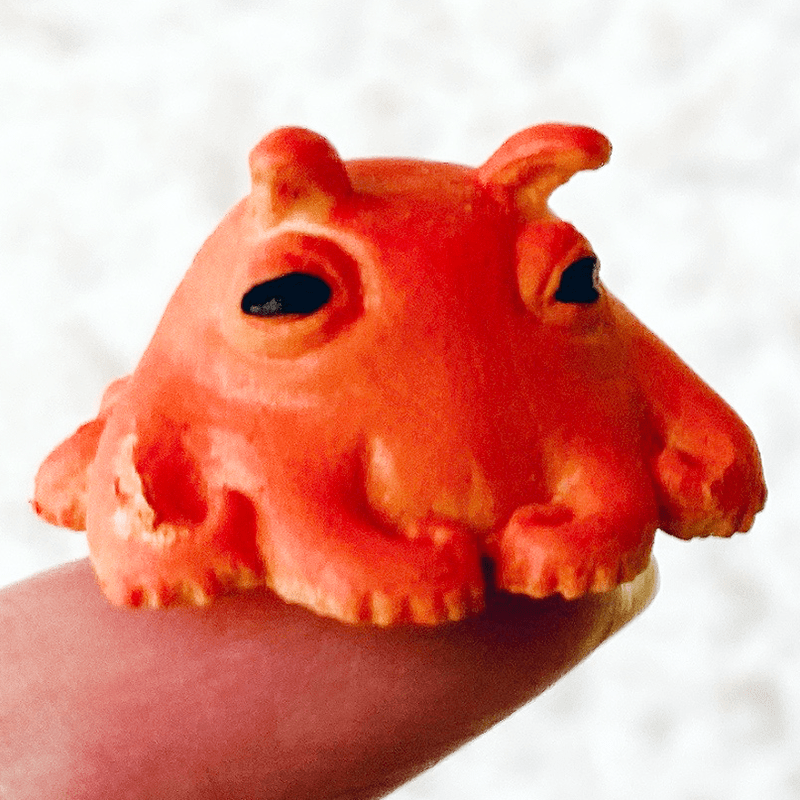JSONフォーマット出力機能の追加
JSONフォーマットでの出力ができるようにコントローラーを改造してみましょう。respond_toブロックのformat.xmlの行をコピーし、xmlをjsonに書き換えるだけです。
app/controllers/players_controller.rb
class PlayersController < ApplicationController
def chart
@players = Player.all
render :layout => false, :content_type => 'text/vnd.curl'
end
def index
@players = Player.all
respond_to do |format|
format.html # index.html.erb
format.xml { render :xml => @players }
format.json { render :json => @players } # 追加
end
end
def show
@player = Player.find(params[:id])
respond_to do |format|
format.html # show.html.erb
format.xml { render :xml => @player }
format.json { render :json => @player } # 追加
end
end
def new
@player = Player.new
respond_to do |format|
format.html # new.html.erb
format.xml { render :xml => @player }
format.json { render :json => @player } # 追加
end
end
def edit
@player = Player.find(params[:id])
respond_to do |format|
format.html # edit.html.erb
format.xml { render :xml => @player }
format.json { render :json => @player } # 追加
end
end
def create
@player = Player.new(params[:player])
respond_to do |format|
if @player.save
flash[:notice] = 'Player was successfully created.'
format.html { redirect_to(@player) }
format.xml { render :xml => @player, :status => :created, :location => @player }
format.json { render :json => @player, :status => :created, :location => @player } # 追加
else
format.html { render :action => "new" }
format.xml { render :xml => @player.errors, :status => :unprocessable_entity }
format.json { render :json => @player.errors, :status => :unprocessable_entity } # 追加
end
end
end
def update
@player = Player.find(params[:id])
respond_to do |format|
if @player.update_attributes(params[:player])
flash[:notice] = 'Player was successfully updated.'
format.html { redirect_to(@player) }
format.xml { head :ok }
format.json { head :ok }
else
format.html { render :action => "edit" }
format.xml { render :xml => @player.errors, :status => :unprocessable_entity }
format.json { render :json => @player.errors, :status => :unprocessable_entity } # 追加
end
end
end
def destroy
@player = Player.find(params[:id])
@player.destroy
respond_to do |format|
format.html { redirect_to(players_url) }
format.xml { head :ok }
format.json { head :ok } # 追加
end
end
end
さて、出力されるJSONですが、http://localhost:3000/players/957451028.jsonの結果は次のように、クラス名 : 値のハッシュになっています。このうちクラス名については、あると便利な場合もありますが、今回は扱うクラスはplayerだけなので余分なデータとなってしまっています。
{"player": {"name": "RADUNSKE,Brock", "no": 25, "goal": 29,
"created_at": "2009-05-06T02:27:14Z", "updated_at": "2009-05-06T02:27:14Z",
"id": 957451028, "team": "AHL", "assist": 28}}
そこで、config/environment.rbファイルに以下の行を追加し、サーバを再起動してみましょう。
ActiveRecord::Base.include_root_in_json = false
今度は、http://localhost:3000/players/957451028.jsonの結果は以下のように値のハッシュのみになりました。
{"name": "RADUNSKE,Brock", "no": 25, "goal": 29, "created_at": "2009-05-06T02:27:14Z",
"updated_at": "2009-05-06T02:27:14Z", "id": 957451028, "team": "AHL",
"assist": 28}
app/controllers/application_controller.rb
なお、Ruby on RailsはデフォルトでCSRF(Cross Site Request Forgeries)対策用機能が動いていますが、リッチクライアントで使う場合は思わぬところでエラーになってしまう場合があります。そのため、今回は CSRF対策用機能を無効にしています(本当のアプリを作成する場合はむやみに無効にしないでくださいね)。
class ApplicationController < ActionController::Base helper :all # include all helpers, all the time # 以下の行をコメントアウト #protect_from_forgery # See ActionController::RequestForgeryProtection for details ・・・ 以下省略 ・・・














































